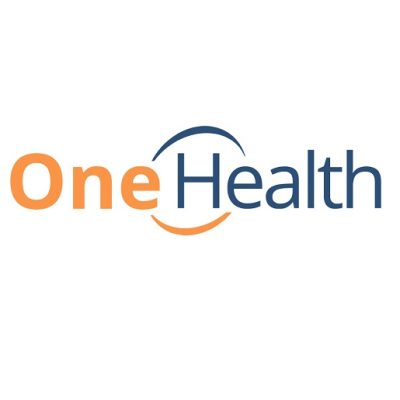New data reveals that over three million patients are now waiting at least three weeks to see their GP, highlighting a growing crisis in the NHS. In England, NHS statistics show that 30.4 million appointments took place last month. However, 3.2 million of these were booked almost a month in advance, meaning one in every ten patients faced significant delays. This marks an increase of nearly 400,000 appointments waiting over 22 days in just a month. As a result, many disgruntled patients are abandoning NHS surgeries in favour of private healthcare or turning to overwhelmed A&E units.
Separate data indicates that GP satisfaction in the UK last year plummeted to its lowest level ever recorded. Campaigners have long warned that delays, driven by a shortage of GPs, put patients at risk of late or missed diagnoses of serious illnesses. NHS England released figures showing that almost half of appointments took place on the same day (44.6 per cent), a slight increase from the previous month, while almost a third (30.7 per cent) had to wait more than a week. Additionally, two-thirds (65.4 per cent) of GP consultations were conducted face to face.
Despite the pressures, GPs are managing a record number of patients. Family doctors, who earn six-figure salaries on average, have reported handling up to 90 appointments per day, likening the situation to a conveyor belt. The British Medical Association (BMA) recommends that GPs should not deliver more than 25 appointments per day to ensure safe care. Latest statistics show there were just over 27,600 fully-qualified full-time equivalent GPs working in England in April, almost 2,000 fewer than in the same month in 2016, despite the population growing by around two million over the same period.
Dr Amanda Doyle, national director for primary care at NHS England, acknowledged the strain but praised GPs and their teams for delivering millions more appointments every month compared to before the pandemic. She outlined plans to improve access further, including upgrading telephone systems in every GP practice and enabling patients to use the NHS app to order repeat prescriptions and view test results without needing to contact their GP. Dr Doyle admitted more work is needed to improve access to GP services and highlighted efforts to expand pharmacy services and offer patients more choices in how they access care.
However, the latest figures show that GP patient satisfaction has fallen to its lowest level on record since the pandemic. Statistics from the Office for National Statistics reveal a significant decline in the percentage of respondents reporting a positive overall experience of general practices. In 2022, the proportion of patients reporting a positive overall experience was highest in Wales (86 per cent), followed by England (72 per cent), and Scotland (67 per cent). More people in Scotland found it easy to contact their GP practice compared to those in England and Wales.
Patients have consistently expressed frustration over access, particularly regarding in-person appointments. GPs cite the pressures of a rising and ageing population, insufficient government funding, and a shortage of doctors as major challenges. Family doctors have also warned that strikes could be a possibility after a British Medical Association referendum found 99 per cent of the 19,000 respondents rejected the new NHS contract. Additionally, ministers have quietly abandoned a promise to hire 6,000 more GPs, a key part of Boris Johnson’s election-winning manifesto. Only 2,000 more family doctors have been recruited since 2019.
GP surgeries have also been facing rising levels of harassment, assaults, and verbal abuse directed at staff in recent months. The combination of these factors has led to a deeply strained healthcare system, with both patients and GPs feeling the impact of the ongoing crisis.
One Health Group PLC (AQSE:OHGR) are a team of Consultant Surgeons and Healthcare managers working with the NHS to provide faster, local and expert care in Orthopaedics, Spinal, General Surgery and Gynaecology.


